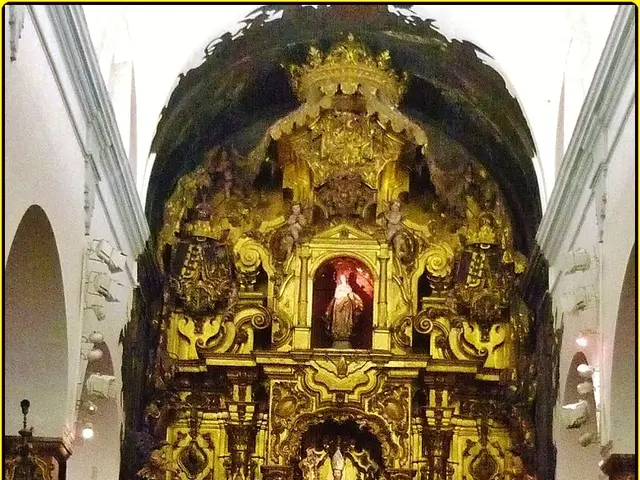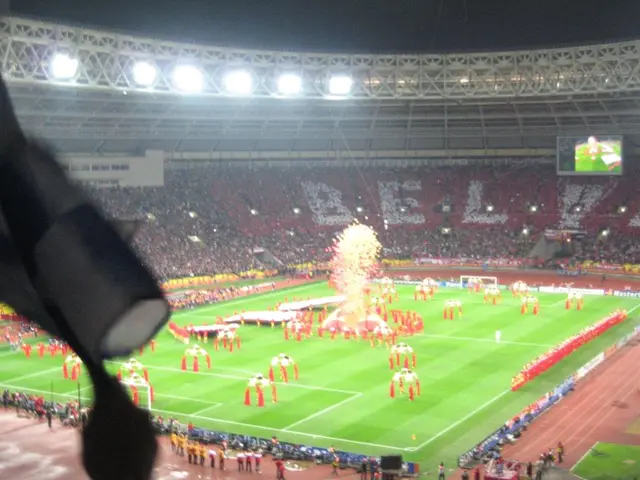Portugal's Politics: A Third Election in Three Years
Portugal's Prime Minister pursues electoral victory as political campaigning winds down
It's ballot time once more in Portugal, marking the country's third national election in a brief span of three years. This whirlwind of political instability was instigated by the collapse of the center-right government helmed by Prime Minister Luis Montenegro, following a no-confidence vote that accused his government of mishandling perceived conflicts of interest.[1][2]
Polling Predictions
According to the latest polls, the political landscape looks as follows:- Democratic Alliance (AD), led by the embattled Montenegro, is expected to secure around 31.9% of the votes. The AD coalition encompasses the Social Democratic Party (PSD), the People's Party (CDS/PP), and the People's Monarchist Party.[4]- Socialist Party (PS), beneath Pedro Nuno Santos, is forecasted to garner around 25.2% of the votes.[4]- Far-right Chega party, which has garnered popularity among younger voters, is pegged to secure approximately 19.1% of the ballots.[4]
The Future of Government
Portugal employs a proportional representation system, meaning a party would need to secure at least 42% of the vote to gain an outright majority. With the current polling figures, neither the Democratic Alliance nor the Socialist Party is likely to enjoy a majority, setting the stage for potential political instability and protracted coalition negotiations.[4]
The strong showing by Chega could translate to increased representation in parliament, mirroring its performance from previous elections.[3] However, its ability to shape government formation hinges on whether it aligns with other parties or lingers as a formidable force in opposition.
The Road Ahead
Portugal's political landscape might see another minority government or a coalition, with ongoing uncertainty as to whether any party will be able to deliver stability.[1][4] Beneath the surface, additionally, there are unfolding issues such as immigration and allegations against the prime minister that could offer fertile ground for the far right.
The far-right Chega party has faced its own embarrassments, including claims of theft by one of its lawmakers in the Azores.[3] Its campaign was also interrupted on multiple occasions when its president, Andre Ventura, fell ill while on the campaign trail. Ventura is now recuperating and will no longer appear at the party's final rally, instead releasing a video message decrying "an end to corruption and uncontrolled immigration."[3]
Regardless of the outcome, one thing is certain - Portugal's politics will continue to grapple with the challenges of instability, coalitions, and the ever-evolving landscape of its political parties in the days to come.
© 2025 AFP
The far-right Chega party, with its stance on immigration and allegations against the current prime minister, seeks to make an impact in Portugal's policy-and-legislation scene, potentially influencing the general-news landscape. Given the ongoing instability in Portugal's politics and the minority government or coalition that may emerge, the business community may face uncertainty.








